The LFS Scholar Series invites experts in their fields to present the broad impacts of their research here at UBC.
Our 2022-2023 LFS Scholar Series has now concluded. We’re grateful to all presenters for sharing their time and expertise with us and we also thank our faculty members for their recommendations and assistance. Our 2023-2024 LFS Scholar Series schedule will be posted in early fall.
 Speaker: Dr. Ermias Kebreab, Professor and Associate Dean at the University of California, Davis
Speaker: Dr. Ermias Kebreab, Professor and Associate Dean at the University of California, Davis
Topic: Agriculture’s Transition to Net Zero Emissions – What is Livestock’s Role?
Ermias Kebreab is Associate Dean and Professor of Animal Science in the College of Agriculture and Environmental Sciences and the Director of the World Food Centre at the University of California-Davis. He also holds the Sesnon Endowed Chair in Sustainable Agriculture. He conducts research in animal nutrition, mathematical modeling of biological systems and impact of livestock on the environment. He is contributing author to 2019 IPCC update on enteric methane emissions. He co-chaired the feed additive and methane committees of the Food and Agriculture Organization of the UN. He has authored over 250 peer-reviewed articles and received several awards including Excellence in Ruminant Nutrition and International Agriculture from American Society of Animal Science, and 2022 Chancellor’s Innovator of the year award. He served on two committees of The National Academies of Sciences, Engineering and Medicine on methane and nutrition of dairy cattle. He is a regular invited speaker including a TED talk that has been featured as one of the ‘must-watch climate talks of 2022’ by ted.com. His research was in the top 10 of all research conducted at the University of California system in 2021. He holds a B.S. degree from the University of Asmara, Eritrea and an M.S. and Ph.D. from the University of Reading, U.K.
Watch a recording of the presentation here.
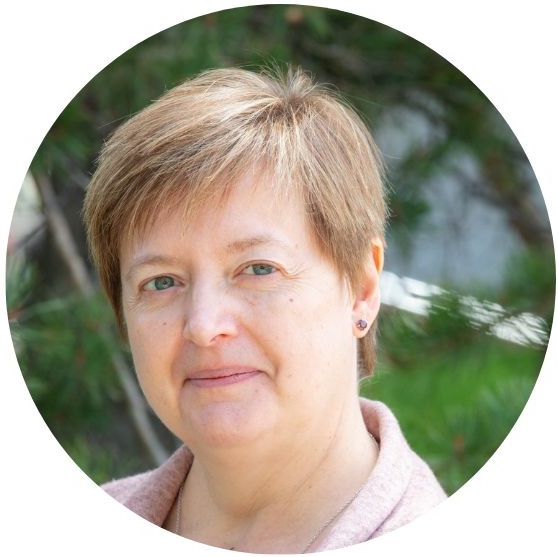 Speaker: Dr. Emma Allen-Vercoe, Professor in Tier 1 Canada Research Chair and Department of Molecular and Cellular Biology at the University of Guelph
Speaker: Dr. Emma Allen-Vercoe, Professor in Tier 1 Canada Research Chair and Department of Molecular and Cellular Biology at the University of Guelph
Topic: Modeling host diet- gut microbe interactions in the 'Robobut' bioreactor model
SDr. Emma Allen-Vercoe obtained her BSc (Hons) in Biochemistry from the University of London, and her PhD in Molecular Microbiology through an industrial partnership with Public Health England. Emma started her faculty career at the University of Calgary in 2005, with a Fellow-to-Faculty transition award through CAG/AstraZeneca and CIHR, to study the normal microbes of the human gut. In particular, she was among the few that focused on trying to culture these ‘unculturable’ microbes in order to better understand their biology. To do this, she developed a model gut system to emulate the conditions of the human gut and allow communities of microbes to grow together, as they do naturally. Emma moved her lab to the University of Guelph in late 2007, and has been a recipient of several Canadian Foundation for Innovation Awards that has allowed her to develop her specialist anaerobic fermentation laboratory further. This was boosted by the award of a Tier 1 Canada Research Chair in Human Gut Microbiome Function and Host Interactions, where she focuses on ‘missing microbes’ from the industrialized microbiome . In 2013, Emma co-founded NuBiyota, a research spin-off company that aims to create therapeutic ecosystems as biologic drugs, on a commercial scale. The research enterprise for this company is also based in Guelph
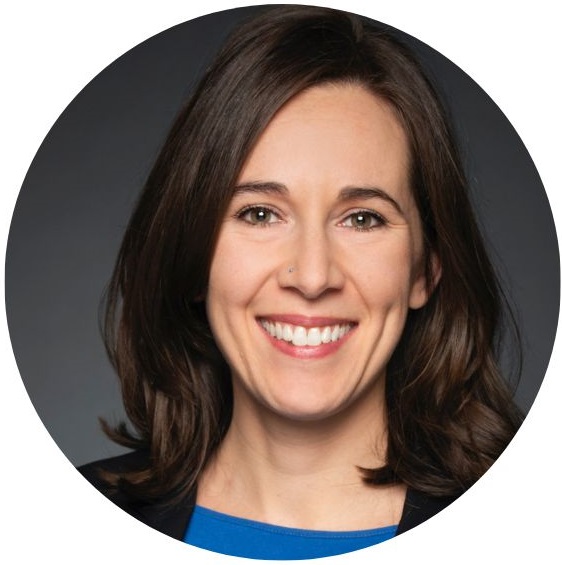 Speaker: Dr. Sarah Berger Richardson, Assistant Professor, Faculty of Law (Civil Law Section), University of Ottawa
Speaker: Dr. Sarah Berger Richardson, Assistant Professor, Faculty of Law (Civil Law Section), University of Ottawa
Topic: Livestock disaster preparedness: What’s law got to do with it?
Sarah Berger Richardson is an Assistant Professor at the Faculty of Law (Civil Law Section) of the University of Ottawa where she teaches food law and policy, administrative law, and civil liability. She is President and co-founder of the Canadian Association of Food Law and Policy as well as a member of the Law Society of Ontario. Her research focuses on the regulation of the agri-food sector, with a particular emphasis on animal agriculture and meat processing. She holds a Doctor of Civil Law from McGill University and completed her Masters of Law (LL.M) at Tel Aviv University, where she was a research fellow at the Manna Center in Food Safety and Security. In 2018-2019, she was a visiting teaching fellow at the Schulich School of Law at Dalhousie University. Previously, she served as a law clerk at the Supreme Court of Israel and the Canada Agricultural Review Tribunal

Speaker: Dr. J. Bruce German, Distinguished Professor in Food Science and Technology, Director, Foods for Health Institute, University of California Davis
Topic: Lactation: An evolutionary model for diet and health research.
Dr. J. Bruce German is a Distinguished Professor in Food Science and Technology, Director, Foods for Health Institute, University of California Davis. Bruce German received his BSc and MSc from University of Western Ontario, his PhD from Cornell University, joined the faculty at the University of California, Davis in 1988, in 1997 was named the first John E. Kinsella Endowed Chair in Food, Nutrition and Health is currently Director of the Foods for Health Institute and professor, at University of California, Davis. The goal of his research, teaching and outreach is to build the knowledge necessary to improve human health through personal health measurements and diet. The model being used of how to proceed is lactation, the product of millennia of constant Darwinian selective pressure to produce a food to nourish, sustain and promote healthy infant mammals to be healthier . This evolutionary logic is the basis of the research program to discover molecular, physical, functional and nutritional properties of milk components and to apply these properties as principles to foods. Bruce and colleagues have published more than 500 papers that have been cited over 50,000 times. Together with colleagues and the University of California the research program has launched 4 companies providing products and services to the commercial marketplace.
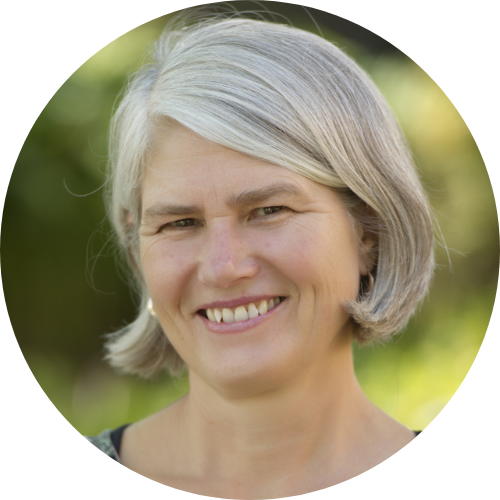
Speaker: Dr. Claudia Wagner-Riddle is a Professor in the School of Environmental Sciences, University of Guelph, Canada.
Topic: Charting a path to net-zero carbon agriculture
Dr. Claudia Wagner-Riddle is a Professor in the School of Environmental Sciences, University of Guelph, Canada. Originally from Brazil, Claudia has degrees from the University of Sao Paulo and Guelph. Claudia leads an internationally renowned research program greenhouse gas emission measurements to determine the carbon footprint of food, feed, and fuel produced by agriculture. Claudia is the Editor-in-Chief of Agricultural and Forest Meteorology and leads a nationwide training program on Climate-Smart Soils. Claudia is Director of the North American regional chapter of the International Nitrogen Initiative and was awarded the 2020 IFA Borlaug Award of Excellence in Crop Nutrition.
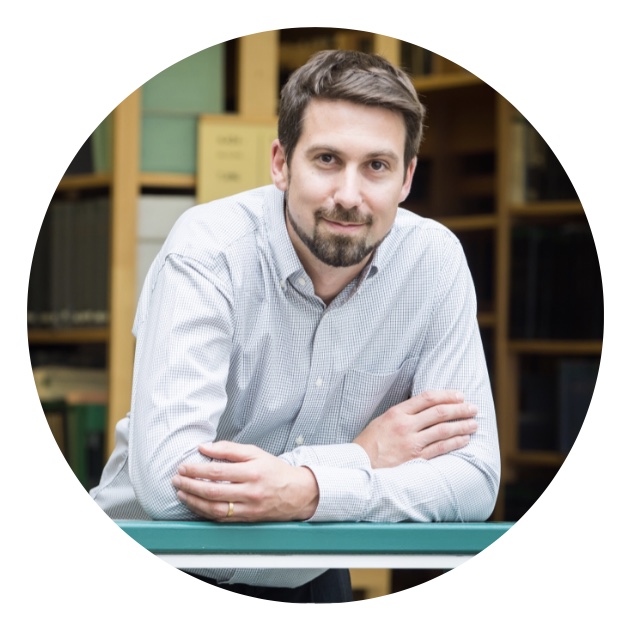
Speaker: Dr. Jean-Loup Rault, Professor and Head, Institute of Animal Welfare Science, University of Veterinary Medicine in Vienna, Austria
Topic: Be kind to others: Prosocial behaviours and their implications for animal welfare
Dr. Jean-Loup Rault leads the Institute of Animal Welfare Science, which conducts research into social behavior, positive human-animal relationship, new technologies (PLF and neuroimaging), and the impact of housing and husbandry practices on animal welfare. Dr. Rault’s research focuses on the benefits of social behavior and positive human-animal relationships for animal welfare, with a particular interest in the hormone oxytocin.

Speaker: Dr. Amanda MacFarlane, Head of the Micronutrient Research Section in the Nutrition Research Division, Health Canada
Topic: Lessons learned from Canada: Optimizing folic acid intake among women of childbearing age in an era of fortification
Dr. Amanda MacFarlane is a Research Scientist in the Nutrition Research Division at Health Canada, where she examines the effect of folate intake on genotoxicity in somatic cells, including the impact of maternal and paternal folate intake on germline and offspring genomic and epigenomic stability. She also uses national health survey and cohort data to identify the socioeconomic, dietary and genetic determinants of folate and B vitamin status of Canadians.
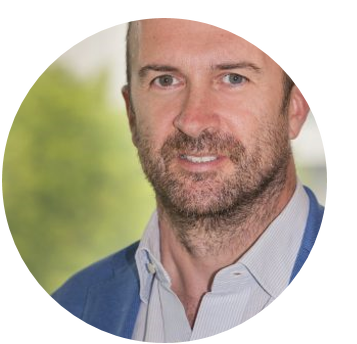
Speaker: Dr. Michele Morgante, Professor of Genetics, University of Udine/Institute of Applied Genomics (Italy)
Topic: Genomics in agriculture: Between sustainability and societal acceptance
Dr. Michele Morgante will address genomics in plant and food production. Dr. Morgante has been President of the Italian Society of Agricultural Genetics (SIGA) and is a member of the Accademia Nazionale dei Lincei and Academia Europaea. His research group has been instrumental in establishing a number of genetic technology platforms that are now being widely deployed in plant genomic research. He has received the 2005 Medal for Physical and Natural Sciences of the Accademia Nazionale delle Scienze.
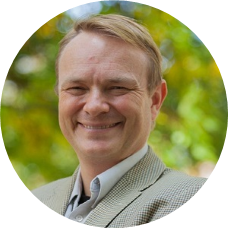
Speaker: Dr. Evan Fraser, Director, Arrell Food Institute at the University of Guelph
and Professor, Department of Geography, Environment and Geomatics
Topic: Trusted, Safe and Sustainable: Canada and the Next Agricultural Revolution
Dr. Evan Fraser presents an optimistic-yet-critical vision for how Canada can be a global leader in the production of safe, trusted and sustainable food for the 21st century. He explores both challenges and opportunities associated with developing sustainable, equitable and nutritious ways of feeding the future. He will focus on technological innovations as well as the limits of technology-driven approaches.
Listen to an audio recording of Dr. Fraser's presentation here.